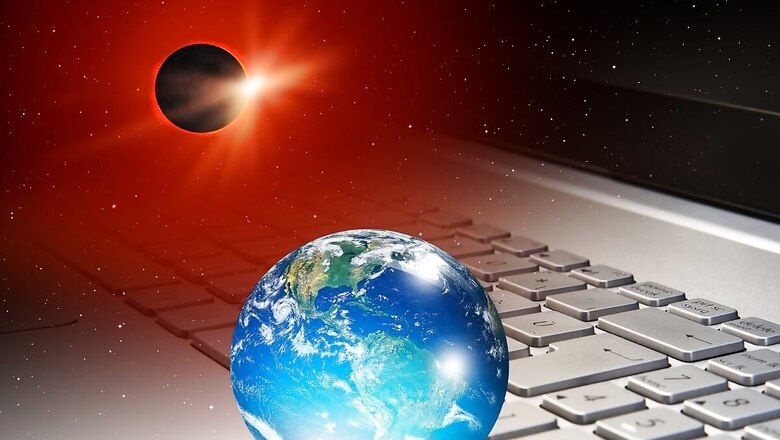
views
SOLAR ECLIPSE 2023: The first solar eclipse of the year will take place on Thursday, April 20. It will be visible in China, the United States of America, Malaysia, Fiji, Cambodia, Japan, Samoa, Singapore, Thailand, Australia, New Zealand, Vietnam, Brunei, Solomon Islands, the South Indian Ocean, the South Pacific Ocean and Taiwan. The eclipse on April 20 will begin at 07:04 am and end at 12:29 pm. The total time will be for more than five hours.
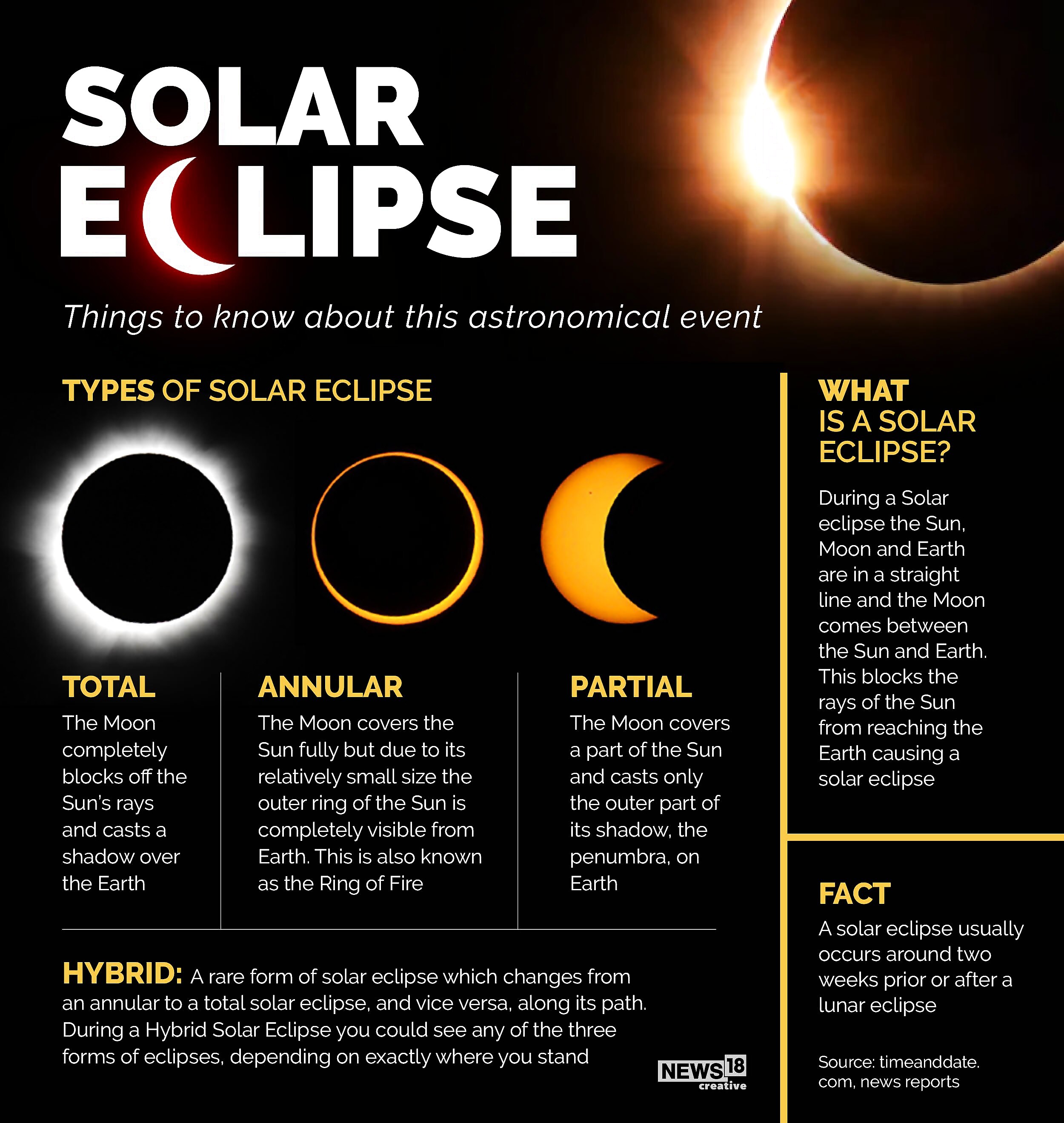
WHAT IS A SOLAR ECLIPSE?
For those who are unfamiliar with the celestial/astrological occurrence, a solar eclipse occurs when the Moon passes between the Sun and the Earth at precisely the appropriate time. As a result, the moon obscures the Sun, preventing its rays from reaching the Earth.
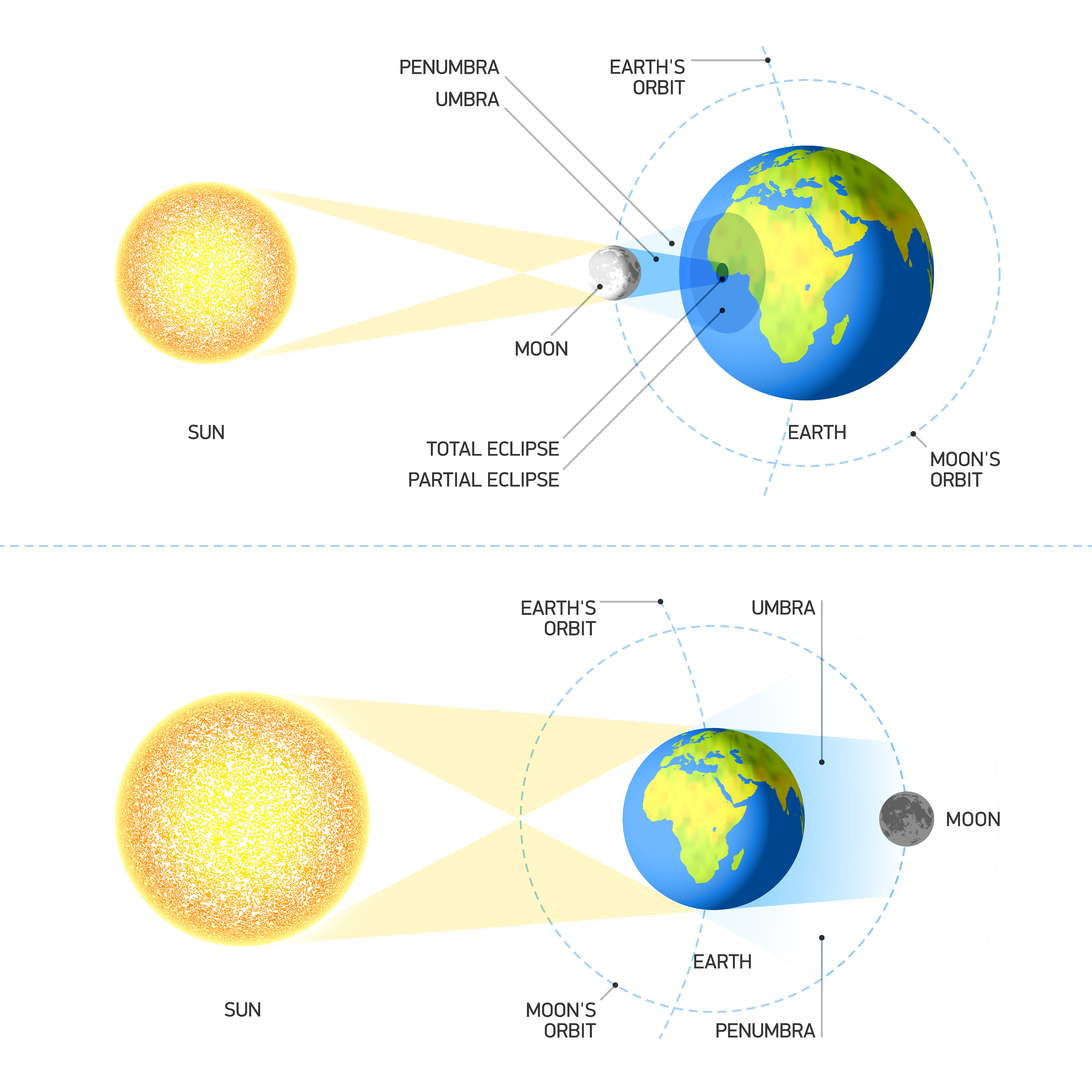
This entire phenomenon is known as a solar eclipse. Solar eclipses are classified into four types: total, annular, partial, and hybrid. Furthermore, four eclipses will occur in 2022, two partial solar eclipses and two total lunar eclipses, the same ratio as last year. Solar eclipses are classified into four types: total, annular, partial, and hybrid.
WHAT IS HYBRID SOLAR ECLIPSE?
The annular solar eclipse on April 20 is a hybrid solar eclipse, meaning the moon will move in front of the sun to create what looks like a “ring of fire" before moving to a total solar eclipse, where the moon will completely block the sun, according to NASA.
HOW TO WATCH SOLAR ECLIPSE LIVE?
Don’t worry if solar eclipse is not visible in your city. You can watch livestream on the official YouTube page of the TimeAndDate.com, Gravity Discovery Centre & Observatory, and NASA.
TimeAndDate.com
TimeAndDate.com will host a livestream on their YouTube channel beginning at 9:30 p.m. EDT on April 19 (0130 GMT on April 20).
Gravity Discovery Centre & Observatory
The Gravity Discovery Centre & Observatory near Perth, Australia will also host a livestream of the eclipse on their YouTube channel at 10 p.m. EDT on April 19 (0200 GMT on April 20).
NASA
NASA will host a livestream of the eclipse on their NASA TV YouTube channel at 10:30 p.m. EDT on April 19 (0230 GMT on April 20).
How to Correctly View Solar Eclipse?
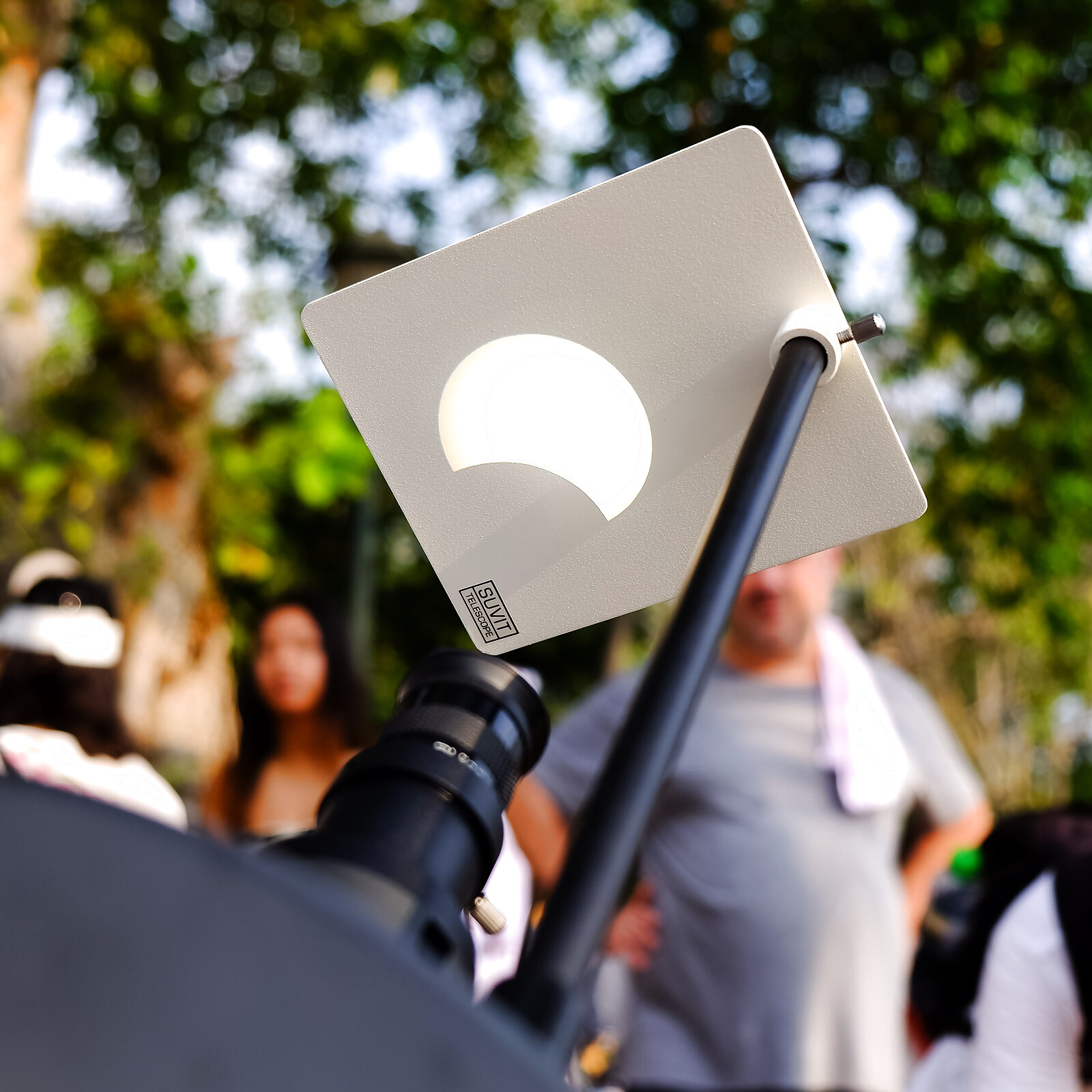
National Aeronautics and Space Administration (NASA) advises one to use ‘eclipse glasses’, which are special purpose social filters, for viewing the sun during a solar eclipse.
It is strictly forbidden to look at the Sun with naked eyes during an eclipse because it can harm our eyes. Using homemade filters or regular sunglasses is not also advised, because it will still harm the eyes.
Read all the Latest Lifestyle News here














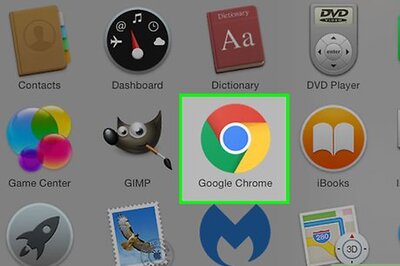



Comments
0 comment